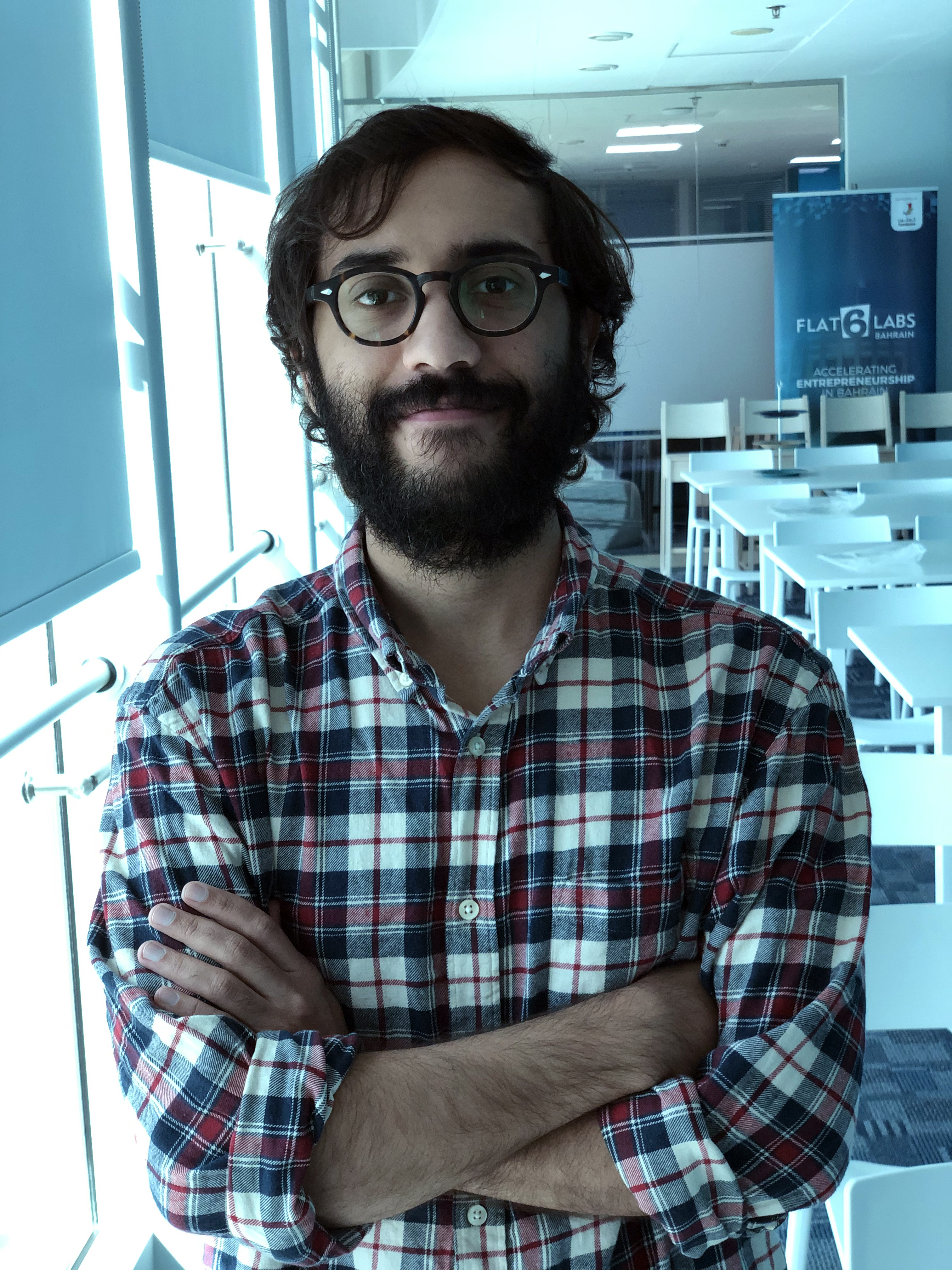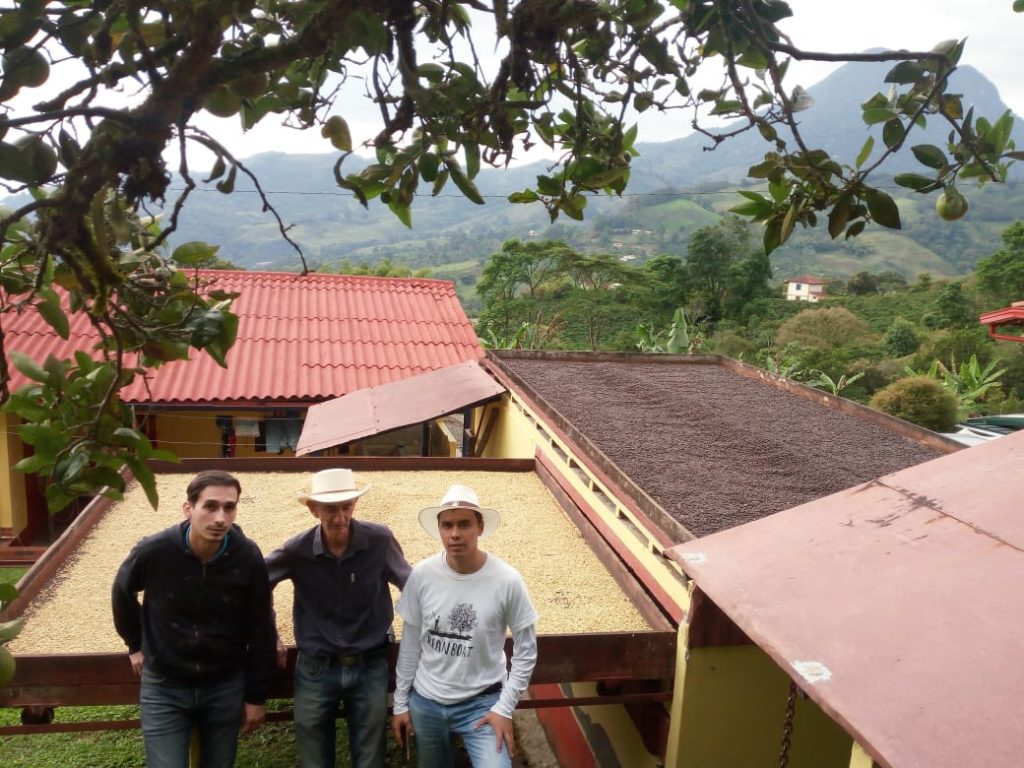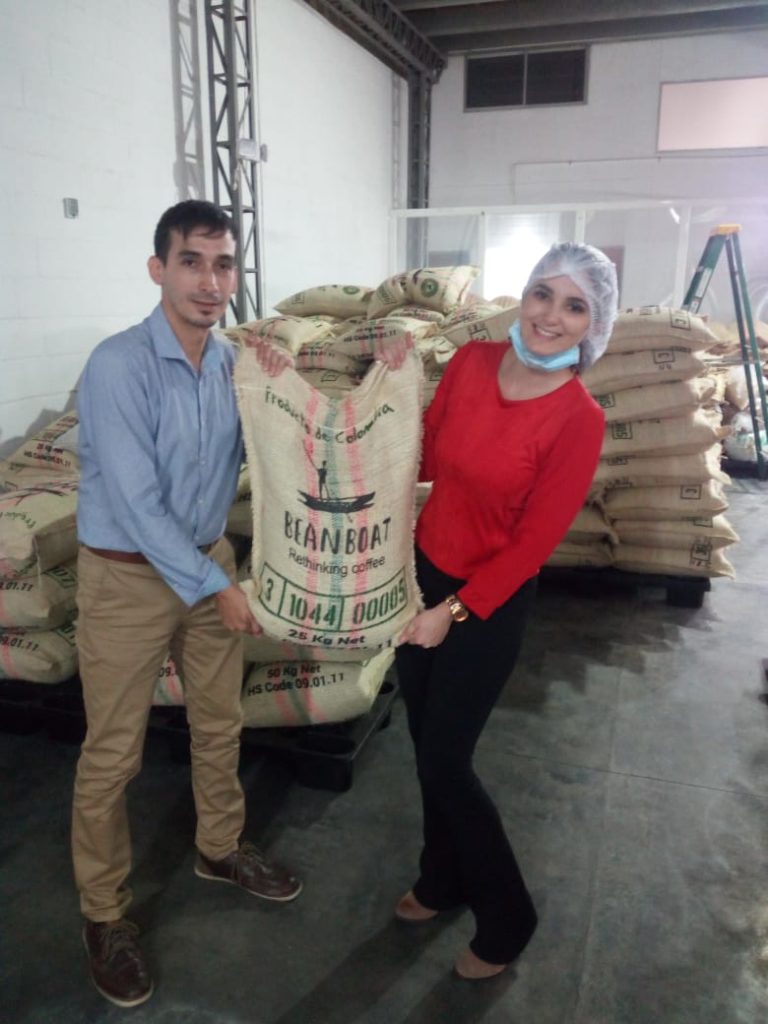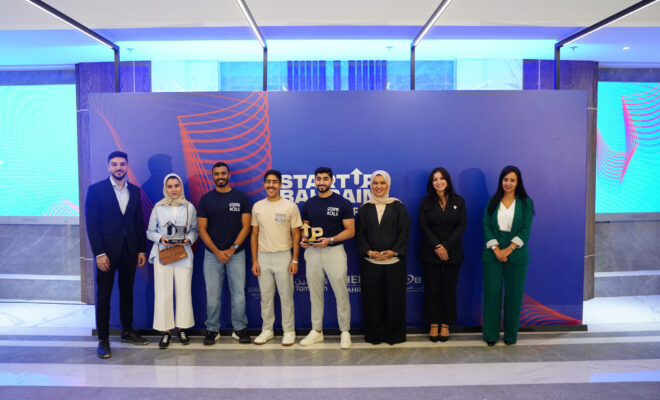FRESHLY GROUND: THE STORY OF BEANBOAT

Please tell us more about Beanboat and what inspired you to start the business?
Beanboat is a direct-trade, e-commerce platform where specialty coffee farmers are the rightful owners of their products. It’s the online destination of specialty coffee lovers, where they can buy the coffee, the gear they need, learn how to brew, and subscribe to a fully personalized coffee service that, for as low as BHD6, can get you two bags of freshly roasted coffee delivered to you every month.

We started in early 2018, when my partner John and me, Saleh Sharif, were talking about the grueling state of the coffee farming industry and the rampant exploitation. John, who comes from a farming family in Colombia, witnessed first-hand what his uncle, Hector has to deal with.

So we had an idea, what would happen if we flip the current supply chain model? Upon studying the market here in Bahrain, and the rest of the Gulf countries, we realized that there is a demand for specialty coffee, and there is a growing community of conscious-consumers who care about who they support and where the product comes from. And so, Beanboat grew from selling small bags to coffee enthusiasts, to the first dedicated specialty coffee e-commerce business and the first to introduce a coffee subscription service in Bahrain.
The values that you espouse: worker empowerment, direct trade, and appreciation of labor, why is this “revolutionary”?
The word “Revolutionary” gets thrown around for a lot of things lately. We would not describe Beanboat as that, but we would definitely get behind a revolution against the conventional trade model that is based on profiting the few and exploiting the many. Our values are deeply ingrained within us. We are activists at heart, and Beanboat is an extension of that spirit. The farmers are our family, and as we grow, they grow with us. Family-owned farms are slowly disappearing, as their young flock to the cities in search of better jobs and acceptable conditions. Many lands that were owned by them for hundreds of years, generation after generation, are being abandoned or worse, being sold to exploitative mega-corporations. If we, the people who love and enjoy consuming their products, don’t support and stand with them, then their heritage will be lost, and family-owned farms will eventually disappear.
What do you think is the future of farming technology? And how do we get more people involved in the plight of farmers?
AI is very promising when it comes to farming. Some technologies exist today that help coffee pickers know when to pick the coffee cherries using the cameras on their phones. There are robots that analyze the soil’s health, and the data helps farmers take better care of their plots and produce higher grade specialty coffee. Agritech startups are creating amazing new technologies that are more environmentally sustainable and more profitable for farmers. I think emerging farming technology will head towards enabling greener farming practices and food sustainability. Talking about the stories of the farmers and their lives gets more people involved in their plight. We do our best to keep our products accessible to as many people as possible and sell it at affordable prices that match commercial coffee, giving customers a way to not just get good coffee, but also contribute to change at a personal level with the farmers and at a grand level on proving that sustainable business practices are profitable. Specialty coffee enthusiasts care about taste and aroma notes, altitudes, regions, processes, and minute details about the coffee. We add another personal layer about who grows it and owns it. By making it more personal, we create a more wholesome experience. We are also working on our marketplace app which will connect coffee farmers to wholesalers around the world, where the farmers can sell their products to the buyers directly and buyers can keep track of the harvest timeline and know the cost of the coffee beans at the source. This will also allow the buyers to buy high-quality beans at a fair price and enable the farmers to be owners of their products rather than just another block in the supply chain.
Do you think that sustainable industries will have a better shot at remaking the future economy post-COVID? And why?
Absolutely. Times of extreme uncertainty often leads to a pivotal change in people’s lives and outlook for the world. Many industries will have to undergo a more sustainable restructure, pushed by emerging sustainable technologies. The fashion and travel industries come to mind. The reasoning behind this is, barring some industries like fossil fuels, being sustainable is simply a more profitable long-term plan for businesses.
What advice can you give to aspiring entrepreneurs and startups post-COVID?
Covid-19 proved that workers run the world. My advice is: reconsider the typical top-down, profit-driven business structure and build something that focuses on humans instead. Doing that will actively make you resilient against many unexpected blocks, as your whole team and consumers will stand beside you. Lastly, investors are increasingly looking for ‘pandemic-proof’ business models. ‘Pandemic’ in this sense means any unexpected changes that can paralyze your company, so you make it as flexible as possible. This is an interesting time for startups, and I’m excited to see all the innovation it will lead to.
For more information:












